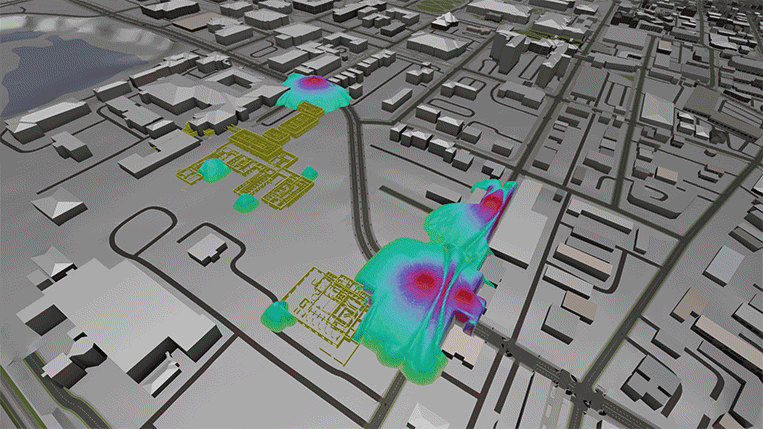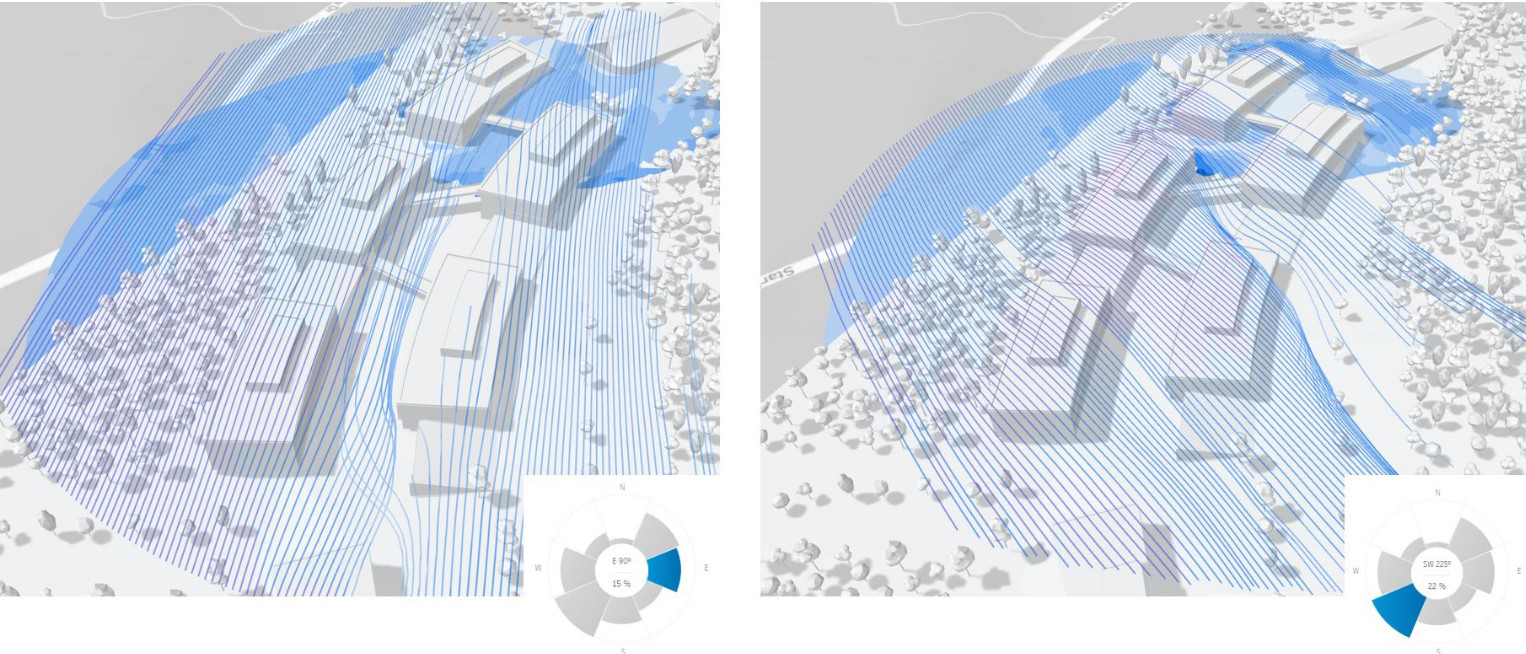
figure 1
By incorporating computational design into our practice, our team can broaden the design possibilities for our clients and deliver tailored solutions. Computational design expands upon traditional architectural methods by partnering trained experts with emerging technology to optimize design for a range of factors. Flad's computational design group improves the final product of our work by contributing automation, analysis, machine learning tactics, and AI-enhanced design outcomes.
Computational
Design
By incorporating computational design into our practice, our team can broaden the design possibilities for our clients and deliver tailored solutions. Computational design expands upon traditional architectural methods by partnering trained experts with emerging technology to optimize design for a range of factors. Flad's computational design group improves the final product of our work by contributing automation, analysis, machine learning tactics, and AI-enhanced design outcomes.

figure 2
As part of our commitment to creating sustainable and resilient designs, this team provides environmental analyses that explore energy efficiency, environmental sustainability, and occupant comfort. By simulating a variety of environmental conditions, such as solar radiation and thermal loads, buildings can be aesthetically pleasing as well as highly functional and environmentally responsible.

figure 3
In addition, we use computational design to explore a wider range of design options than would be possible without computation. With generative design, we can evaluate literally thousands of designs, each tailored to the specific needs of the client and project, and optimize for the best solution. By leveraging these tools, we can design buildings that not only meet the needs of our clients but also contribute to a more sustainable and resilient future.
figure 1: View optimization analysis
figure 2: Acoustical analysis
figure 3: Wind analysis
Utilization
AnalysisDesign
ResearchData
InnovationComputational
DesignDesign
Technology